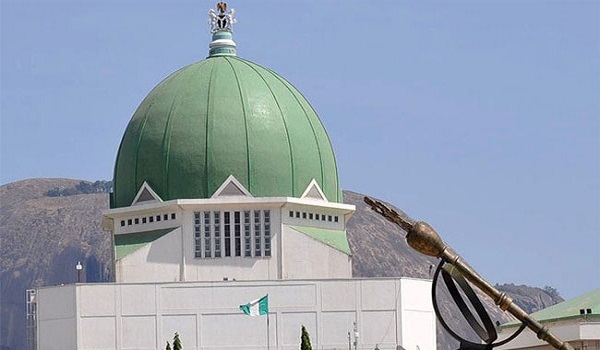

National Assembly Resumption
EKO HOT BLOG reports that the Central Bank of Nigeria (CBN) has released new guidelines that will require banks to scrutinize the accounts of Nigerian senators and politicians.
The guidelines, which were issued in a circular signed by CBN Director, Financial Policy and Regulations, Chibuzo Efobi, are aimed at mitigating the risks posed by PEPs to the financial system.
PEPs are individuals who hold or have held positions of power or influence in a public office. They are considered to be at a higher risk of being involved in money laundering and other financial crimes.
The CBN’s guidelines require banks to conduct enhanced due diligence on PEPs, including identifying and verifying their identities, and monitoring their transactions for any suspicious activity. Banks are also required to report any suspicious transactions involving PEPs to the CBN.
The guidelines are particularly relevant to Nigeria, where there is a high level of corruption. The CBN estimates that PEPs pose a high risk of money laundering and other financial crimes due to the possibility that they may misuse their power and influence for personal gain.
The new guidelines are a significant step forward in the CBN’s efforts to combat money laundering and other financial crimes. They will help to ensure that banks are more vigilant in monitoring PEPs and that suspicious transactions involving PEPs are reported to the authorities.
The guidelines are also likely to have a significant impact on Nigerian senators and other politicians. Their accounts will be subject to closer scrutiny and they will be more likely to be investigated if they are suspected of being involved in money laundering or other financial crimes.
How the Guidelines Will Affect Senators and Politicians
The CBN’s new guidelines will have a number of implications for Nigerian senators and politicians. These include:
Their accounts will be subject to closer scrutiny by banks.
They will be more likely to be investigated if they are suspected of being involved in money laundering or other financial crimes.
They will need to be more careful about their financial transactions.
They may face restrictions on the amount of money they can withdraw from their accounts.
The guidelines are a welcome development and they are a sign that the CBN is taking the fight against money laundering and other financial crimes seriously. They are also likely to have a significant impact on Nigerian politicians and their ability to use their positions for personal gain.
The Guidelines and New Political Office Holders
The CBN’s guidelines also specifically mention new political office holders, such as senators and members of the House of Representatives. The guidelines state that banks should undertake a risk assessment of new political office holders to determine the level of risk posed by that customer and the proportionate levels of due diligence and monitoring required.
This means that new senators and House of Representatives members will likely be subject to more scrutiny by banks than their more established colleagues. This is because new political office holders are more likely to be involved in money laundering and other financial crimes. They may be tempted to use their positions to enrich themselves or to launder money for others.
Click to watch our video of the week
US and Iran held over four hours of nuclear talks in Muscat, Oman. Both sides…
Amaechi shared several harrowing experiences he faced during Jonathan's administration, detailing instances where his life…
Segun Johnson opened up about his early beginnings in the music industry. Segun shared that…